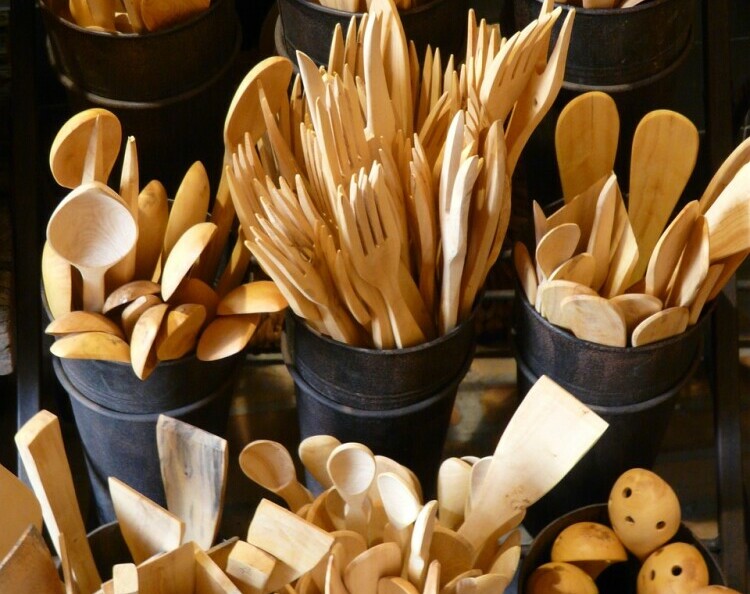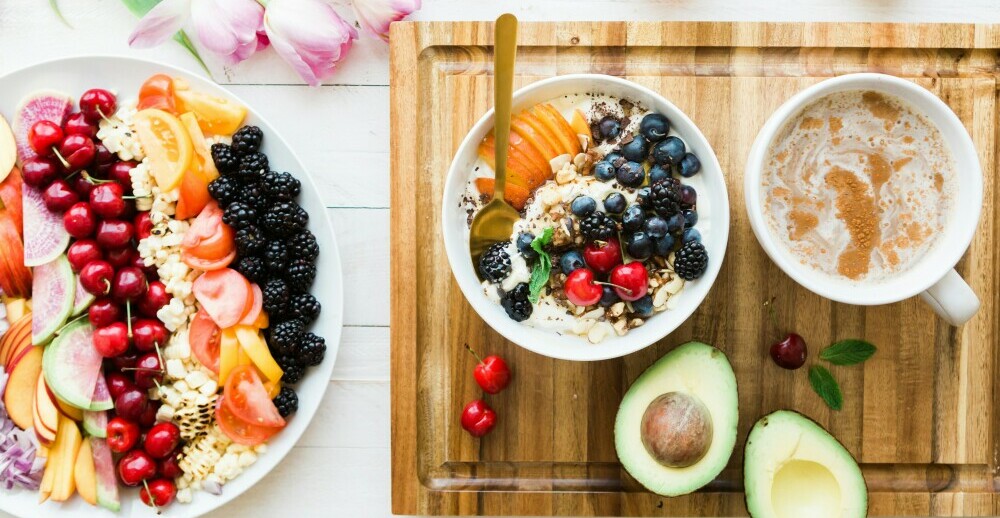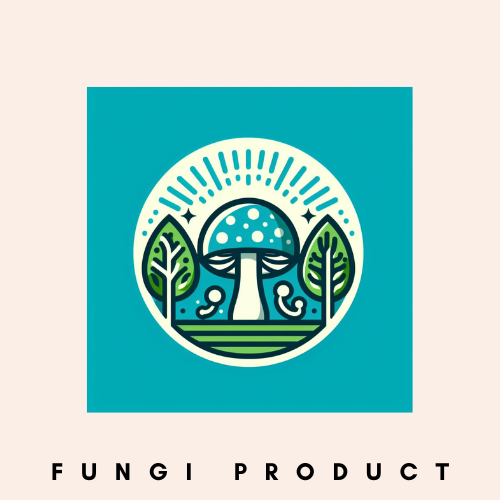In my recent post putting fungi in the daylight as a green answer in the approach of the environment we lined out the growing trend toward sustainability impacting industries across the board, with a particular focus on the development of mycelium-based alternatives to traditional plastics. Mycelium, the root structure of mushrooms, is making a name for itself as a viable, biodegradable option that has caught the consumer’s eye.
There is a need in a fundamental shift in consumer awareness and the evolving expectations for environmentally friendly products. As people become more conscious of the environmental footprint of their purchases, the hunger for sustainable options increases. Swapping plastic cutlery for something less harmful is one example and you might have noticed it during one of
your recent flights.
Mycelium-based materials are stepping up to meet that demand for sustainable options.

Clutery made out of Fungi are an even better ecological approach to respect the forest
In the realm of these earth-friendly alternatives, mycelium stands out for its versatility and strength, offering promising applications that extend far beyond simple utensils. The beauty of this fungus-based technology is that it can be grown into nearly any shape, paving the way for innovative uses in packaging, insulation, and even construction materials.
Mycelium-based alternatives are not just a fleeting trend but a significant player in the drive toward eco-conscious consumption. We’ll delve into what mycelium is, its ecological benefits, and some of the cutting-edge products that are already on the market. And as we progress, you’ll see just how much of an impact this humble fungus is making.
Planes, Trains, and Mycelium Utensils: The Travel Industry’s Eco Pivot
I’ve noticed a trend while flying lately: more and more, I’m handed a set of cutlery that’s clearly not the usual plastic. It feels different, looks a bit earthier, and I couldn’t be happier to see this change. The use of wooden or, increasingly, fungus-based utensils is on the rise in the travel sector, especially with airlines. It’s a signifier that carriers are becoming conscious of their environmental footprint and are willing to invest in innovative alternatives to traditional plastics.
I could not resist expressing my appreciation to the charmant flight attendant and cogratulate the airline with that positive decision.
More and more we find out about how airlines and other travel companies have started integrating sustainable practices into their services. It’s not just a niche movement anymore, major airlines are now showcasing their green initiatives prominently. This includes replacing single-use plastics with more sustainable options like products made from mycelium, the vegetative part of a fungus. These products decompose quickly without leaving harmful residues behind, aligning with the growing desire among consumers for environmentally friendly travel experiences.
This transition is more then about satisfying the eco-conscious flyer. There’s a broader picture. Carriers are recognizing the need to balance the cost implications with the benefits of a reduced ecological impact. Turning to alternatives like fungus-based earphones, cups, and cutlery can be
a sound financial decision in the long run, given the potential savings from waste management and the appeal to eco-aware customers.
A positive turnaround in consumer behavior is a highlight here. When you spot a traveler pleased with the eco-friendly cutlery or sharing a picture of their fungus-based meal tray on social media, you realize the lasting impact these choices have. It’s forming a narrative around brands that care, and this, in turn, is helping them stand out in a competitive market. Consumer approval is turning into brand loyalty, which can be a powerful driver for more sustainable industry practices.

Bon Appétit
Cost-Effective Conservation: The Economic Viability of Fungus-Based Alternatives
Time to talk numbers. One of the most compelling aspects of mycelium-based materials is their surprising cost-effectiveness in the long run. Initial investments for producing these sustainable alternatives might be higher compared to conventional plastics, however, we’re starting to see that scaling production and streamlining processes can drive costs down significantly.
When companies opt for eco-friendly materials, they’re not just purchasing a product, they’re investing in their brand’s future and the planet’s well-being. Over time, this can lead to substantial cost savings from reduced waste management fees and a strong brand image that attracts and retains customers who prioritize sustainability.
Challenges in production and scale are still hurdles for fungus-based materials. But innovation thrives on challenge. Businesses are getting creative with solutions, and advancements in technology continue to level the playing field. Where there’s innovation, there’s opportunity for cost reduction, for environmental impact, and for industry leadership.
Consumer demand has proven to be a powerful force. Each time you choose a wooden spoon over plastic, or compliment a carrier for their sustainable options, you’re casting a vote for the future you want to see. It’s the collective call for change that pushes industries towards more environmentally friendly practices and helps balance the cost equation.
I’m optimistic about the future of fungus-based alternatives, and I believe their potential goes well beyond cutlery on a plane. As production scales and prices balance out, I’m convinced we’ll see a world where these materials are the norm, not the exception. So the next time you pick up a biodegradable fork, remember it is part of a much bigger movement.
One that’s carving out a healthier, cleaner, and more sustainable path for everyone.

André Raymond
